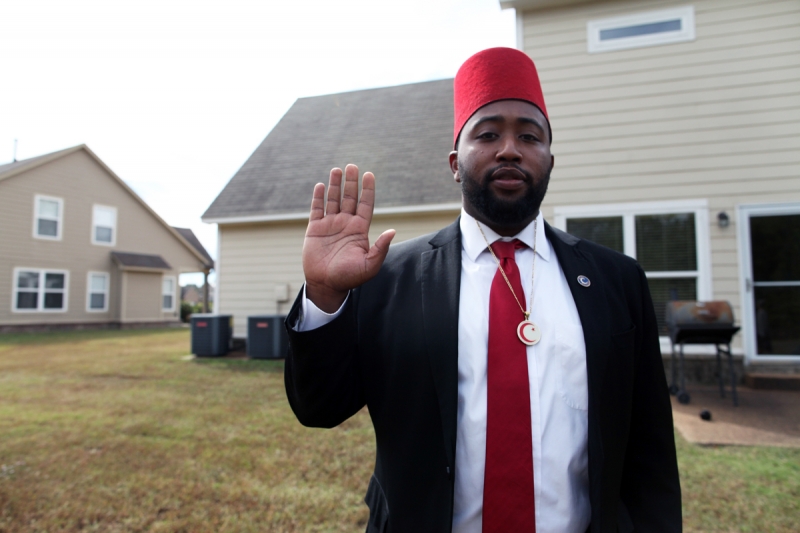
The Moorish Science Temple of America
Overview
Sheik Robert Webb-Bey, Sheik Azeem Hopkins-Bey, Chairman Terrence Hopkins-Bey
Historical Note
The Moorish Science Temple of America (MSTA) is a religious organization founded in 1913 by Noble Drew Ali, born Timothy Drew. Among many beliefs, he asserted that Black people are descendants of the Moors who governed North West Africa. As such Black people, or "so-called Black people" as the Moorish community phrases it, are not Black but Moorish Americans "Moslems" of Islamic faith. Noble Drew Ali was reported to have stood on street corners in Chicago proclaiming: "Come all ye Asiatic of America and hear the truth about your nationality and birthrights, because you are not negroes. Learn of your forefathers ancient and divine Creed. That you will learn to love instead of hate." In addition to the assertion of a specific national identity, the MSTA was founded instill national pride and spiritual upliftment at a particular point in American history when "so-called Black people" were searching for a sense of belonging in the midst of the Great Migration and shifting national politics.
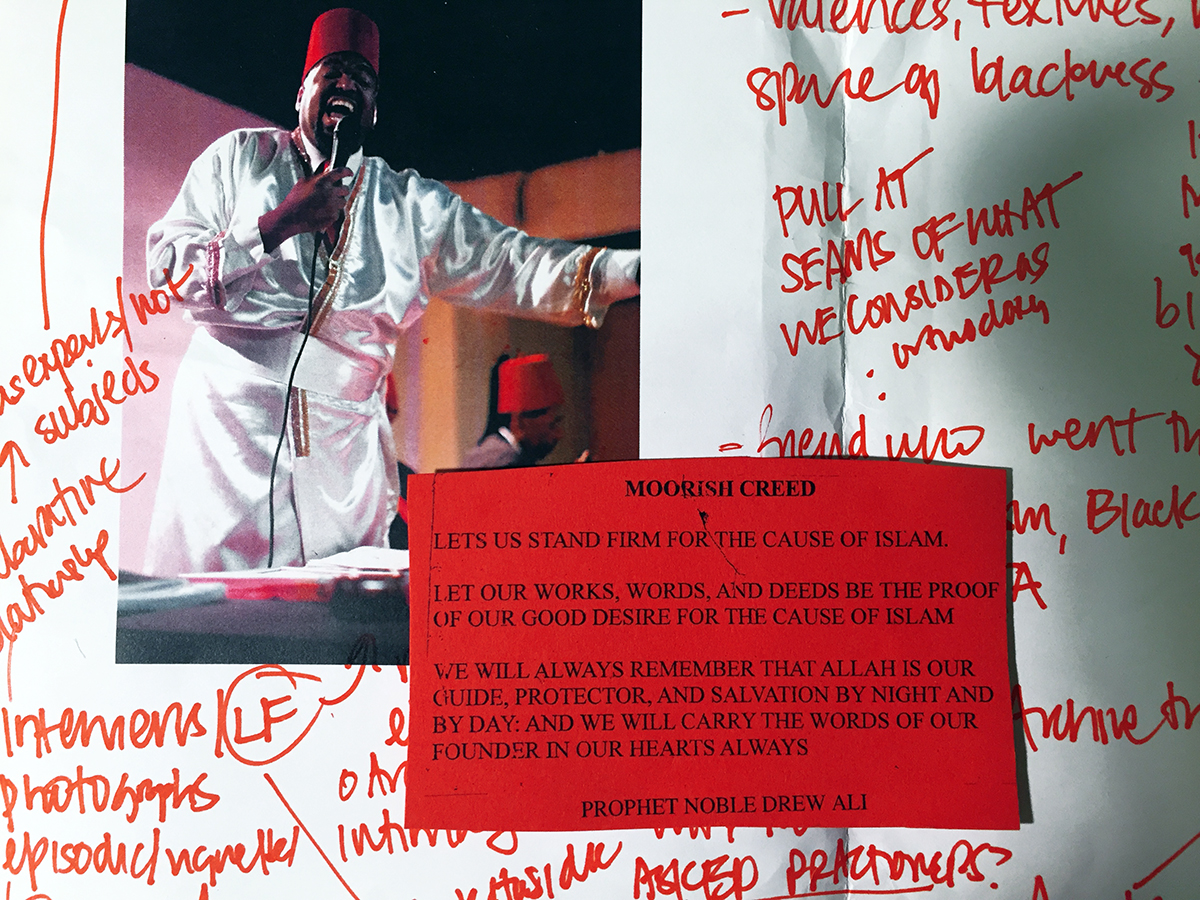
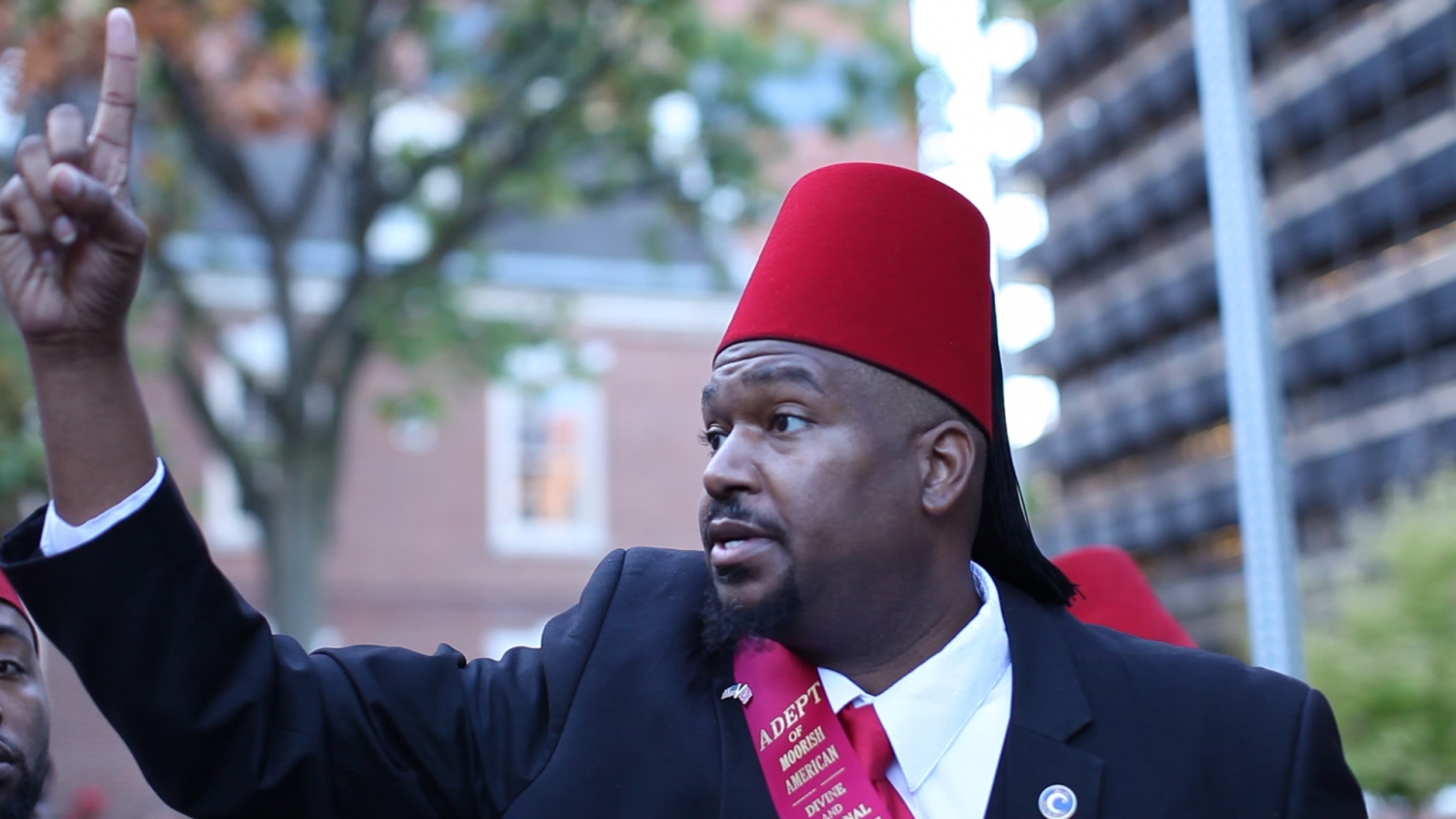
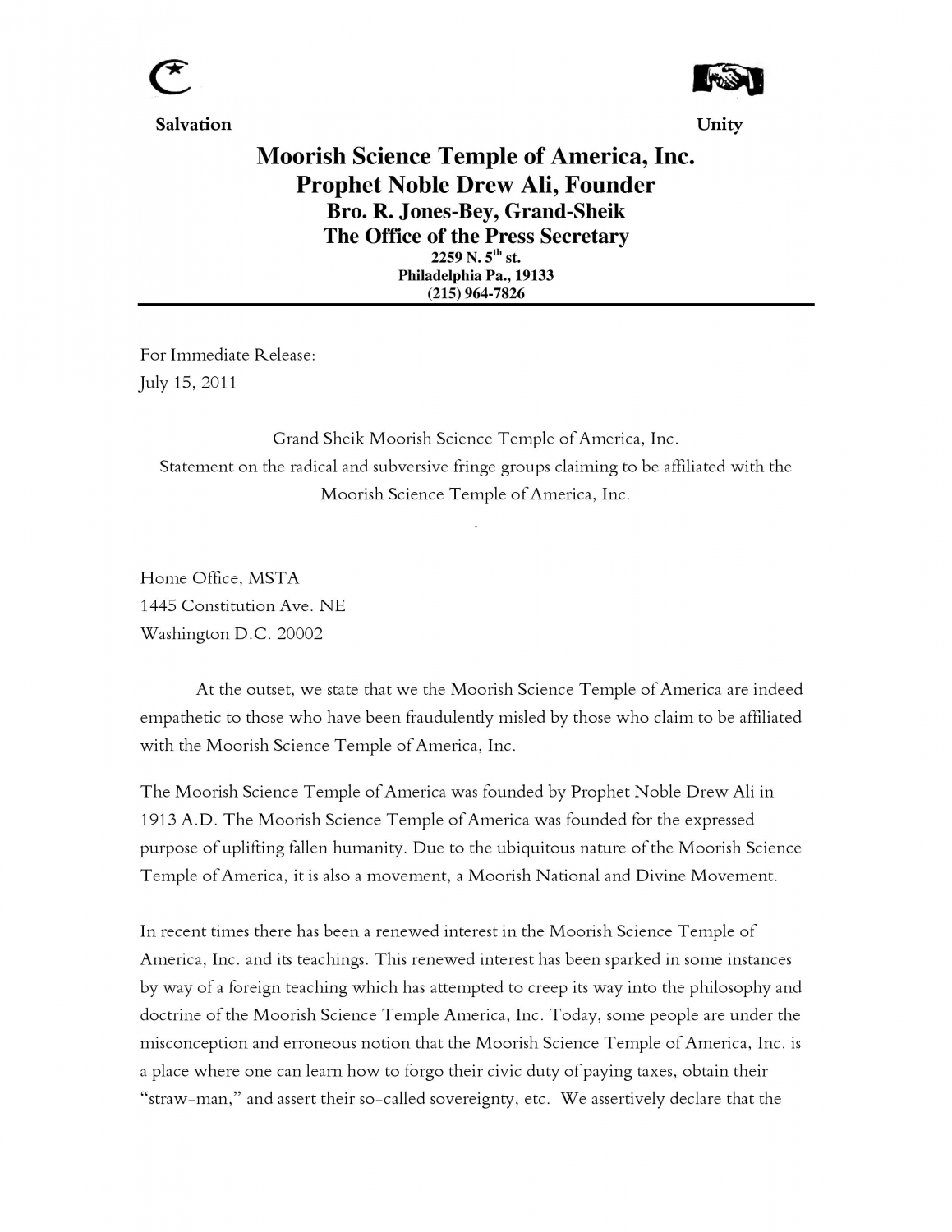
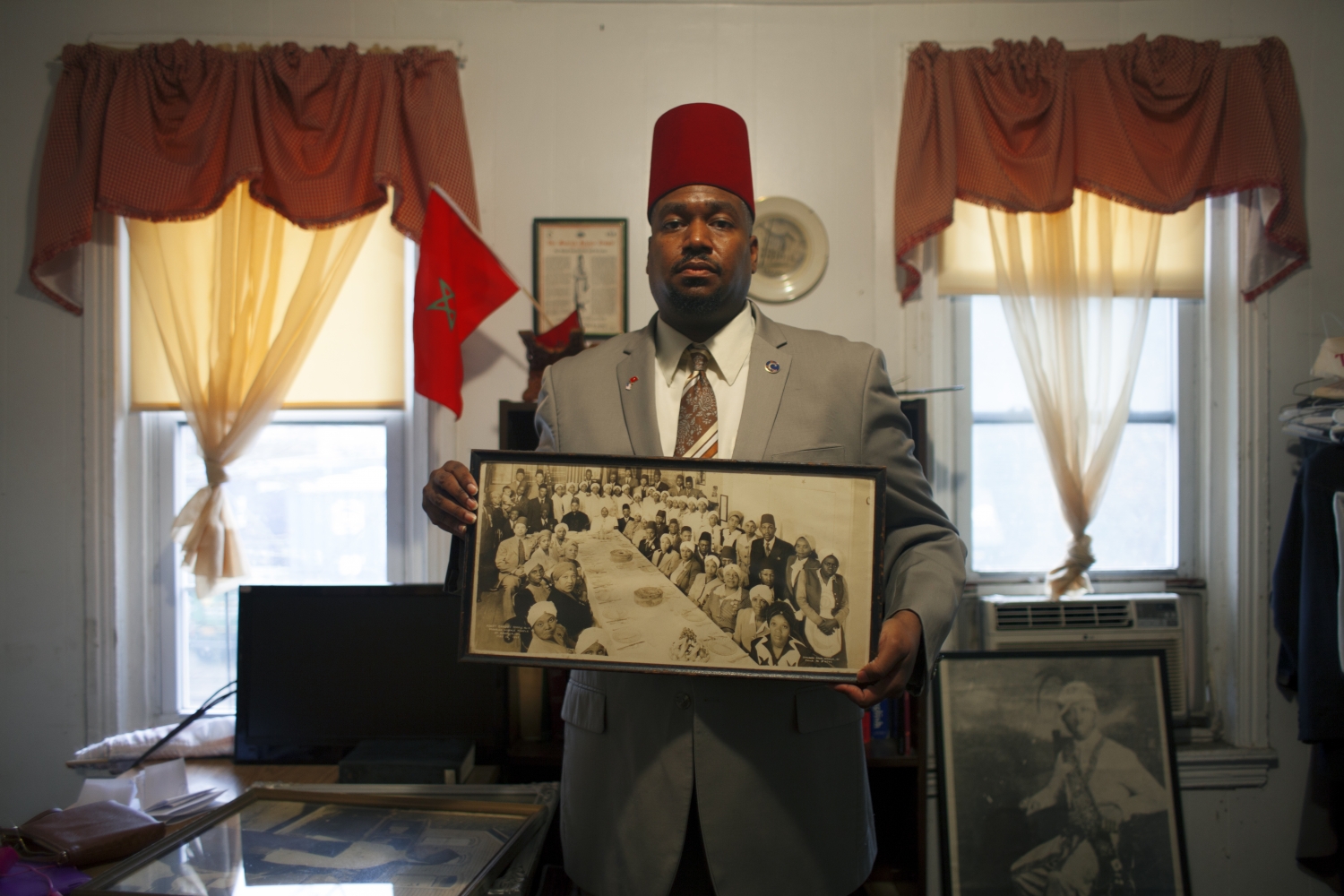
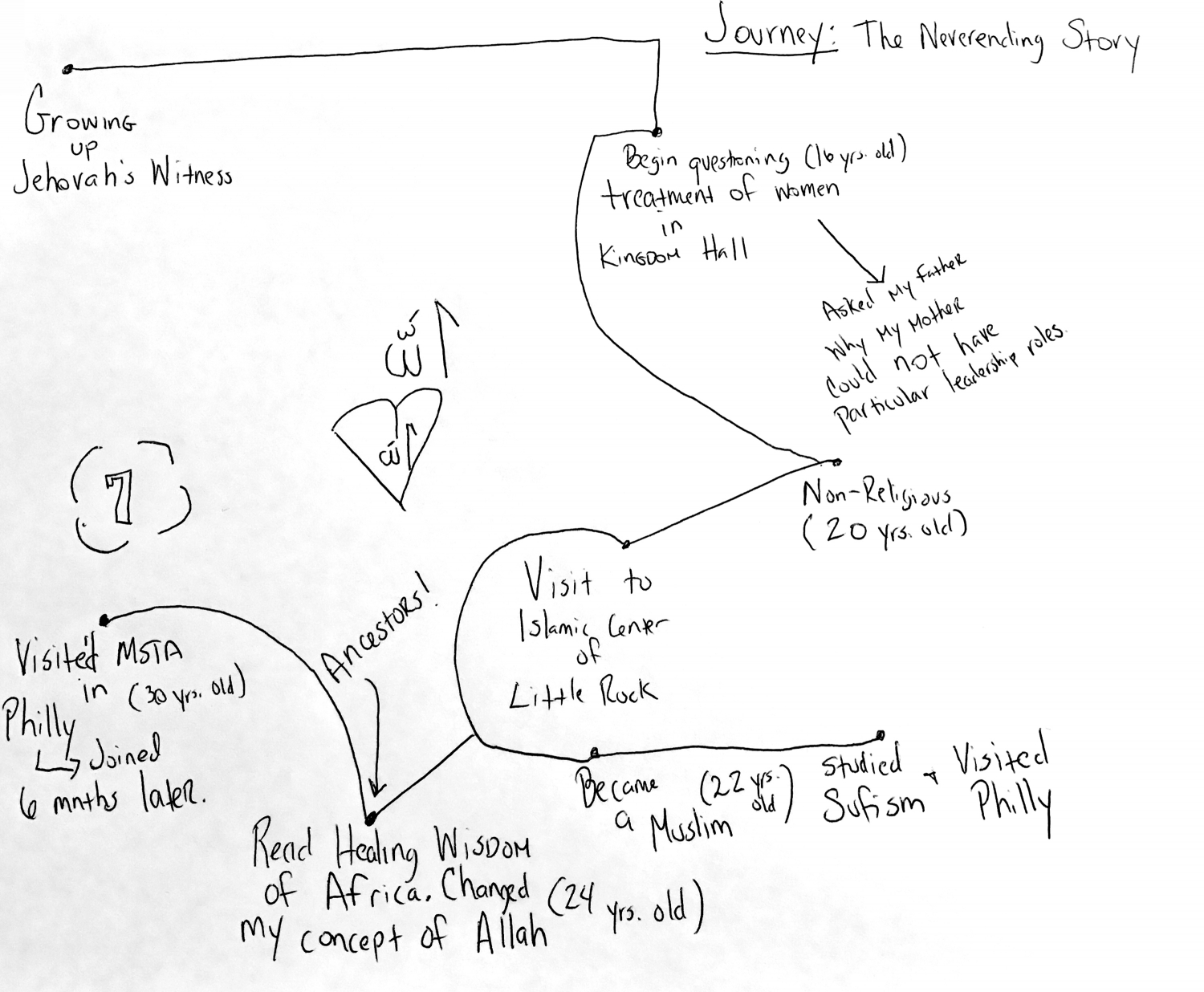


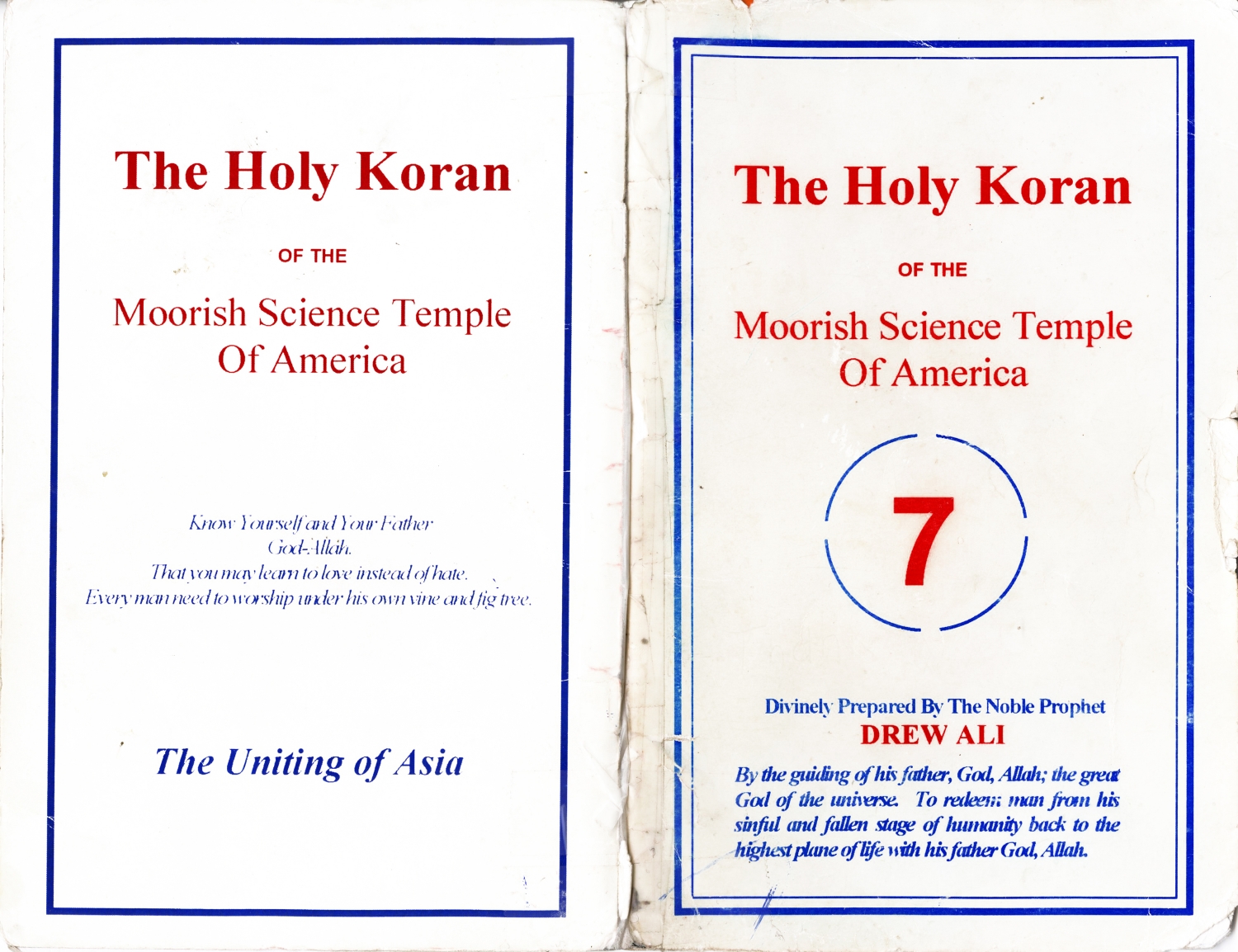
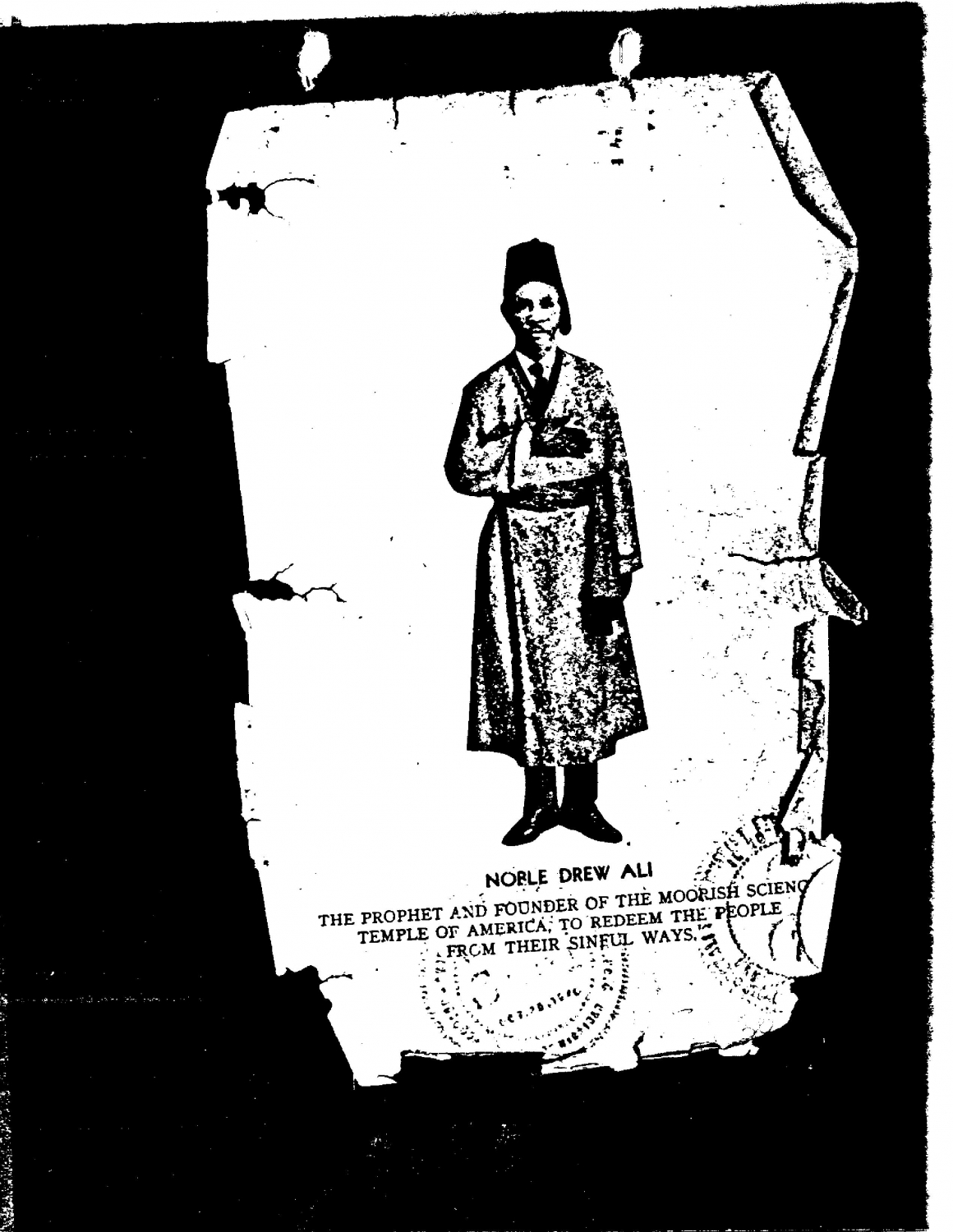
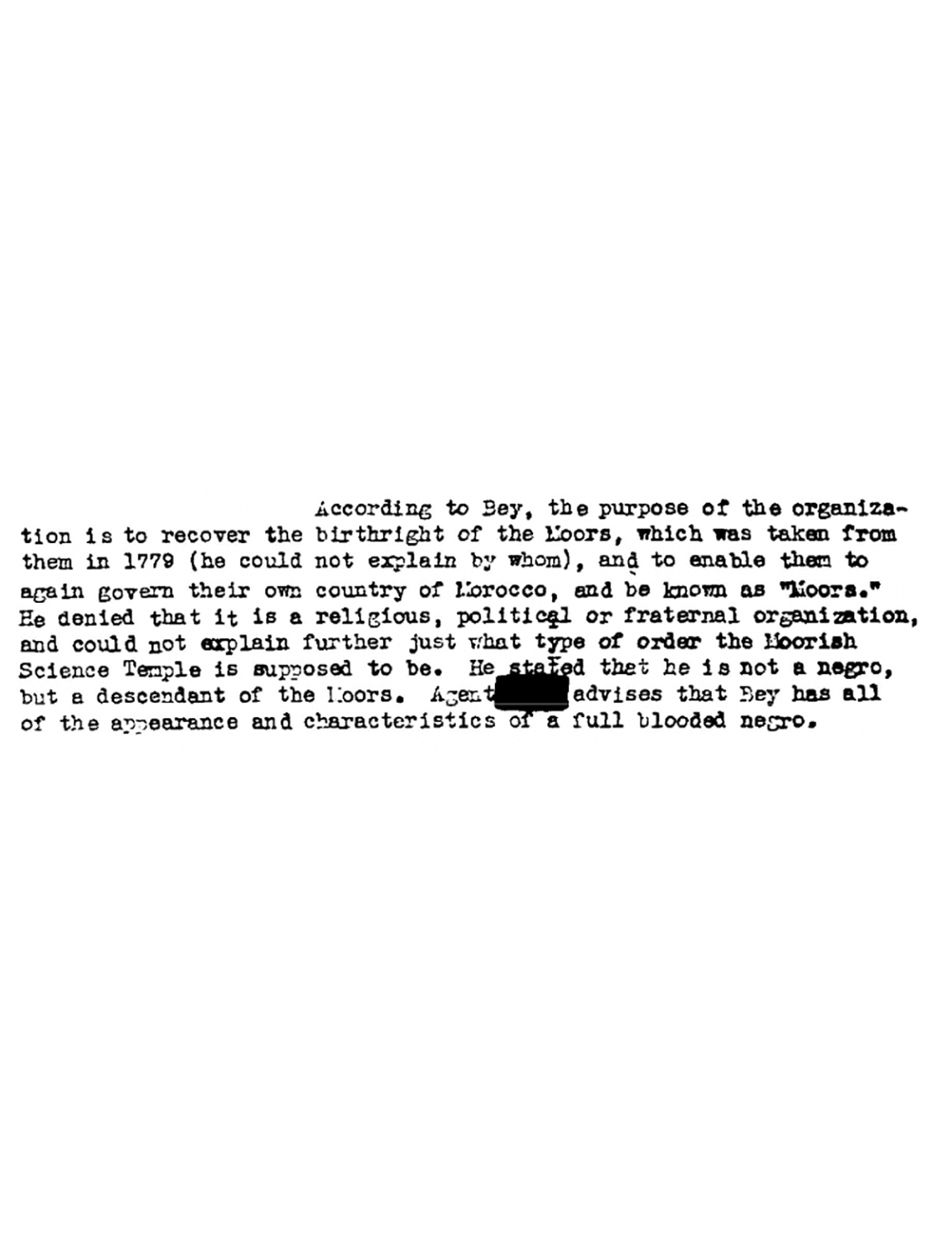

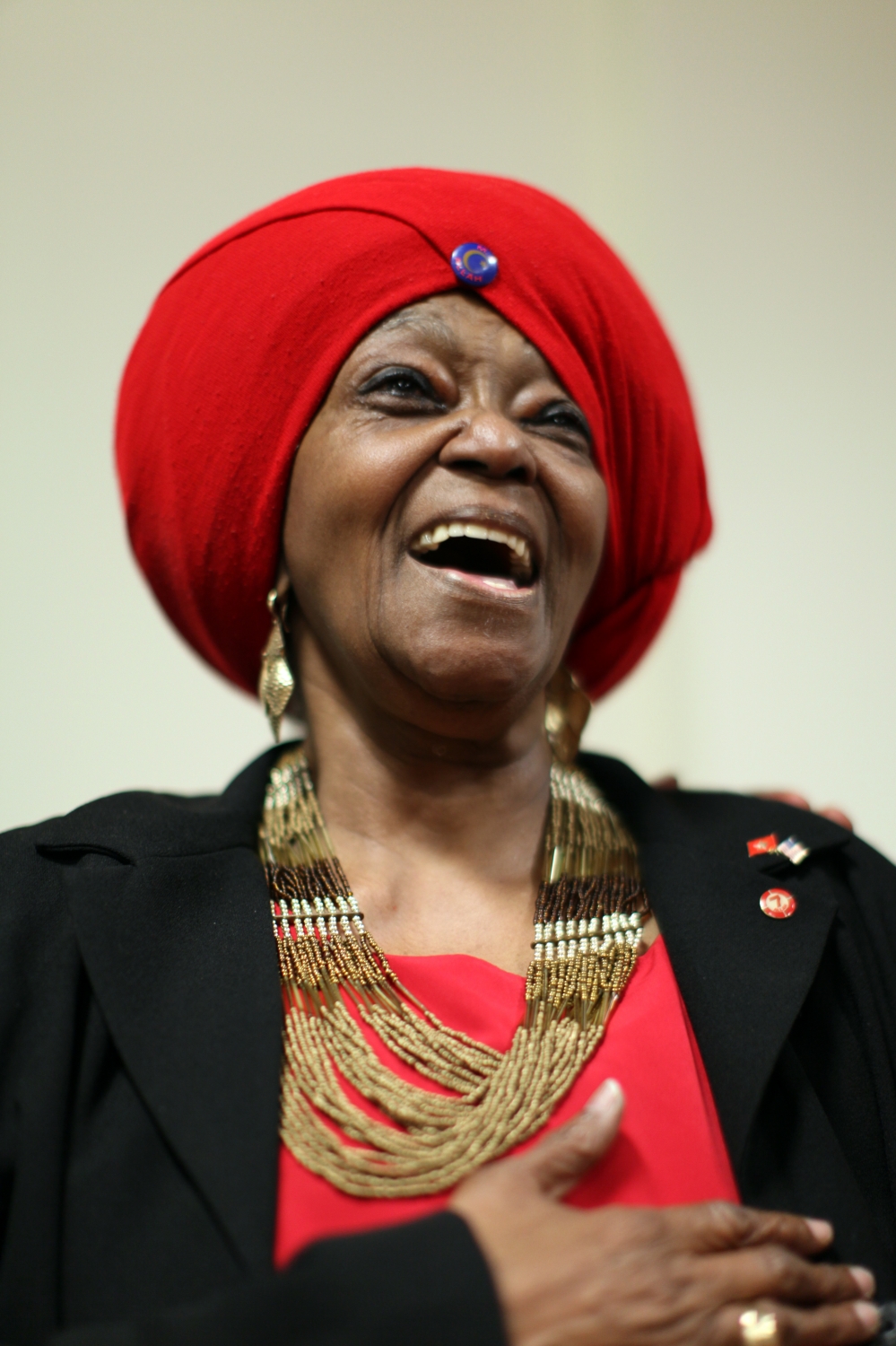
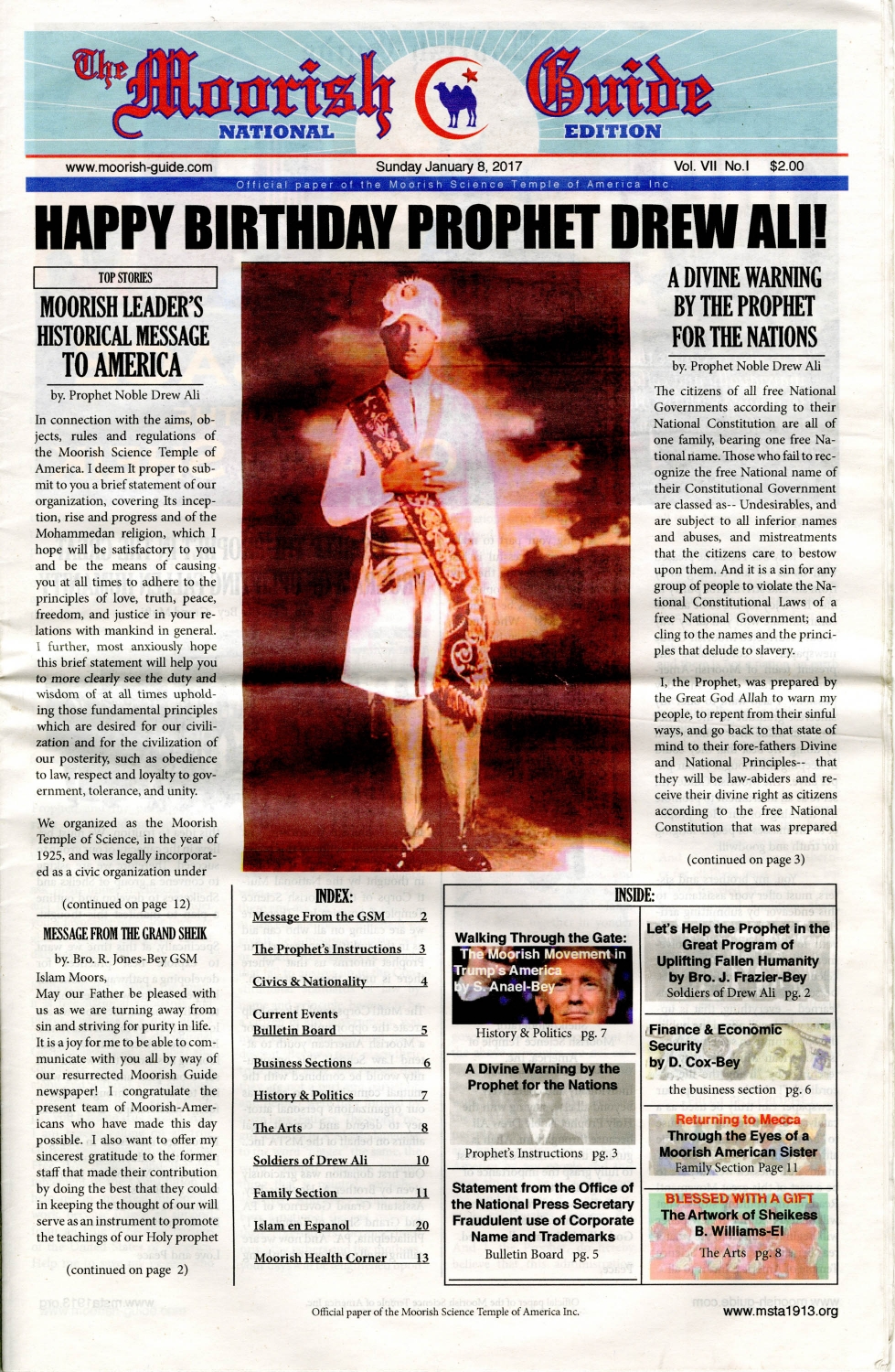
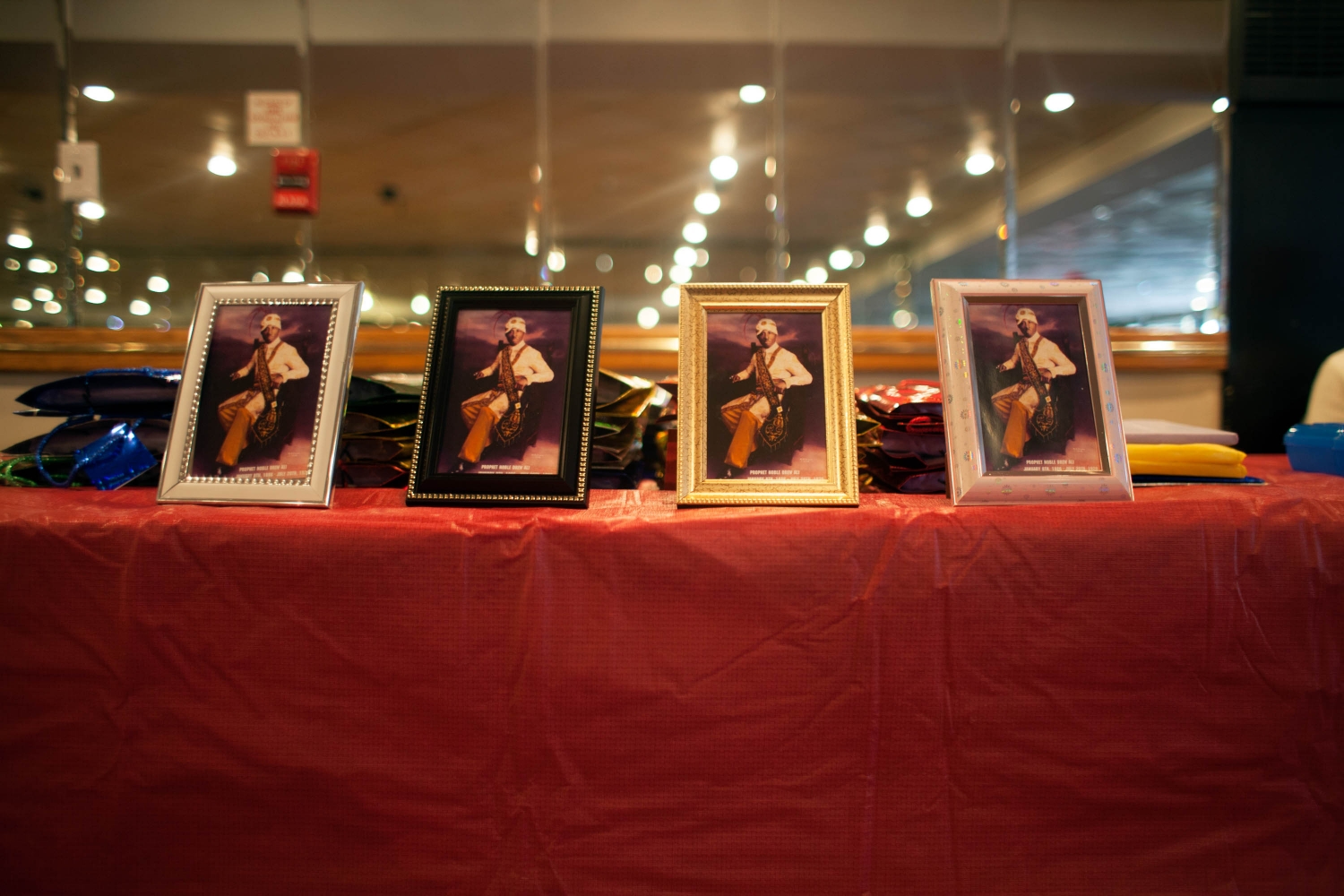
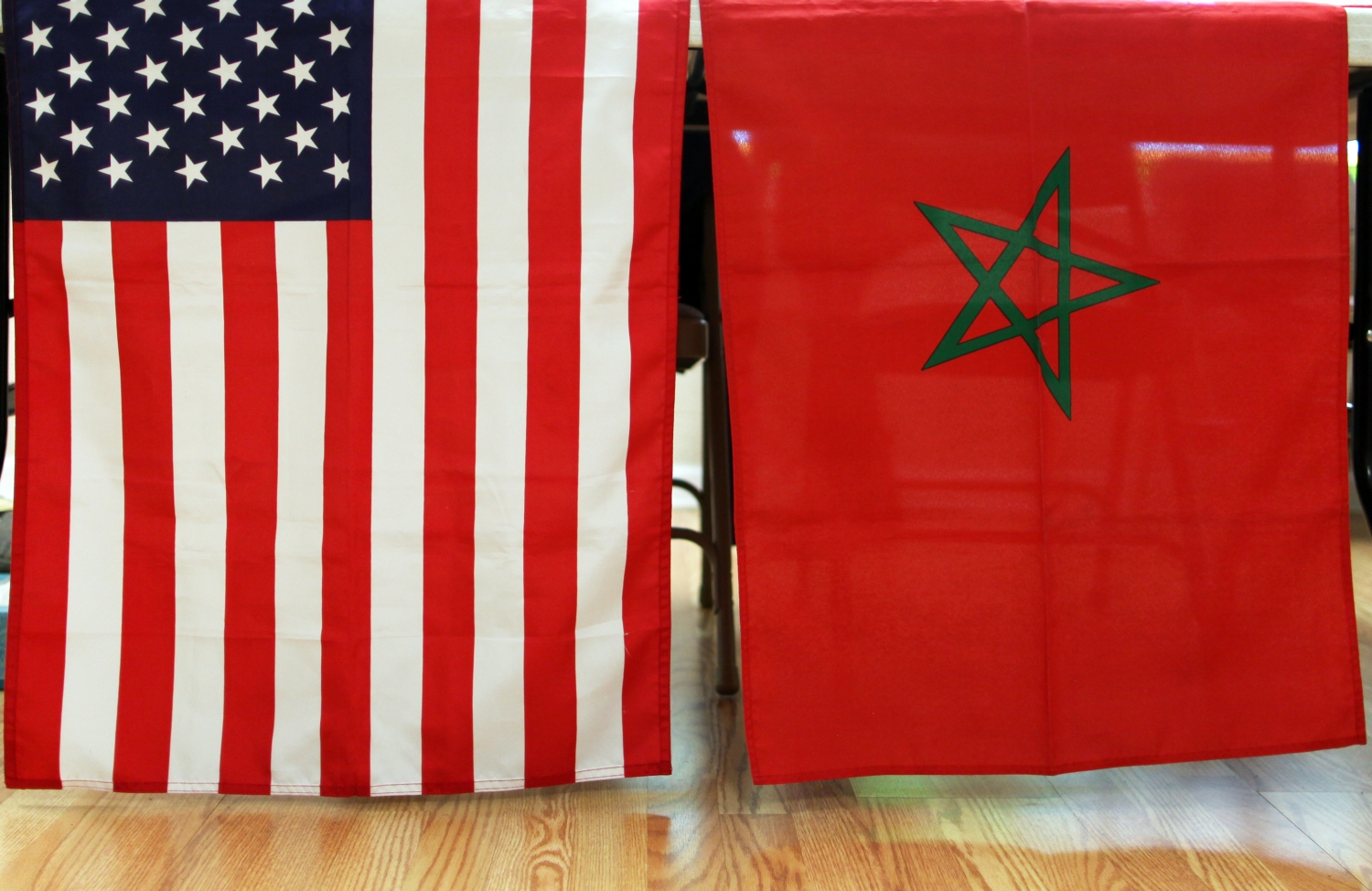
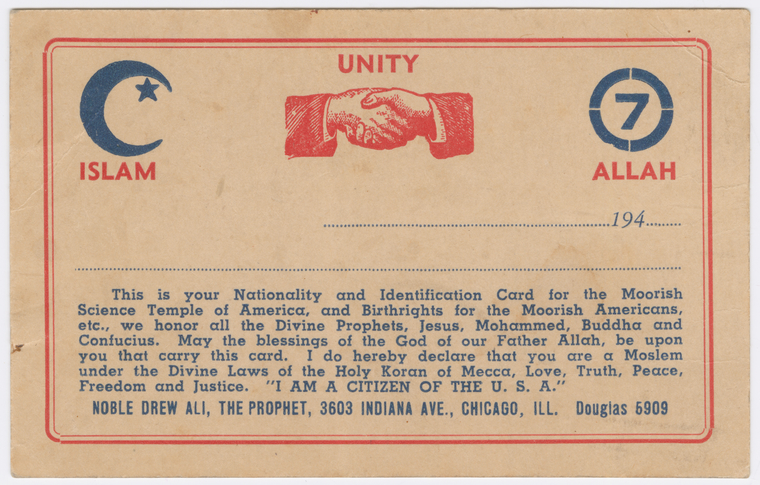
Credits
- CONCEPTS, RESEARCH & PHOTOGRAPHY
- WEBSITE DESIGN & DEVELOPMENT
- LOGO DESIGNStephanie Matthews-Santana
- FUNDING
- Additional Support
Interview: Ali's Men, Orthodoxy, and Knowledge Production in the MSTA

Chairperson Terrence Hopkins-Bey filming the Remembrance Day Trek for Temple 11's video archive
Interviewer: Can you tell me more about Ali's men and the importance of Moorish Americans writing about themselves?
Brother A: I was just speaking with a brother just now before we started in regards to Ali's men. Ali's men, it's a group of brothers, and I think sisters are on board now too. The brothers are represented from various aspects of the Moorish Science Temple of America who specialize in certain areas and particular research--scholarly research. The brothers are brought together to manifest these talents that Almighty God Allah has blessed them with so that we may produce literature and documents that are as of a certain scholarly level that's palatable to the layman as well as if you're on a professor level. We want people to be able to comprehend the teachings of Prophet Noble Drew Ali.
Interviewer: If you just Google Moorish Science Temple of America you will get a lot of links and information. Why is it important to have Ali's Men given this reality?
Brother A: You have a lot of hearsay. You have a lot of individuals taking a stance that's not based on the orthodoxy as established by Prophet Noble Drew Ali. And often it's an outside view approaching an interpretation of the teachings of Prophet Noble Drew Ali. So we're in the Moorish Science Temple of America. We're students of the Prophet Noble Drew Ali. We're in the movement. We're taking that approach of being on the inside explaining the teachings of Prophet Noble Drew Ali. We do it in a way that is comprehensible to all in the public so that it doesn't seem dogmatic or as if we're religious zealots, but that it is a level of objectivity.
You have a lot of hearsay. You have a lot of individuals taking a stance that's not based on the orthodoxy as established by Prophet Noble Drew Ali. And often it's an outside view approaching an interpretation of the teachings of Prophet Noble Drew Ali.
Brother T: I just wanted to express the importance of not just focusing on Ali's men but focusing on the Moorish Science Temple of America. That's the foundation of Ali's men. The Moorish Science Temple of America of America has gone through various transitions throughout the years, especially after Prophet Noble Drew Ali made his transition. You have people who had various interpretations of the lessons, and they felt as though what they were doing right and exact. Because their view may have differed from another, you begin to see forms of separation come about. One of Ali's men's motto is unity at all costs and this is promoting unity among the Moorish Americans that are a part of the Moorish Science Temple of America throughout the nation. So that's one of the functions of Ali's men. It's acting as an auxiliary, if you will, to the Moorish Science Temple of America to bring brothers who are all a part of what someone consider different sects or groups of the Moorish Science Temple of America, with the mission of bringing us all back to the foundation of Prophet Noble Drew Ali when there was one temple.
During the time of Prophet Muhammad, there weren't any different sects or types of Muslims. You wouldn't have heard that question during the time of Prophet Muhammad. However, once he veiled his form, there were people who felt as though leadership should go in a certain direction. And once people had set their intentions on supporting certain leaders that's where you see the largest split, if you will, in the Islamic community between Sunni and Shiite. Now you have other splits upon splits, and there are so many different ideologies or interpretations of the original from that which was originally brought and established by Prophet Muhammad. The same thing occurred in the Moorish Science Temple of America. So now you have brothers that a part of Ali's men that are members or representatives of these various separations or groups in the Moorish Science Temple of America who are demonstrating the brotherhood. And yes, Ali's men focuses on the Brotherhood because sisters don't tend to have the same issues that the brothers have. Sisters, they don't get caught up in the historical context or "you had another leader, and I don't honor your leader."
Sisters don't get caught up on that. The sisterhood is strong. However, the brotherhood, we need to get past ego. We need to learn how to put our differences aside and learn how to work together to present and bring about the things that Prophet Noble Drew Ali demonstrated already, as well as going back to the platform of Brother Marcus Garvey where he speaks about nationalism and supporting your own and abatement of affairs. Where are your doctors, your lawyers? Where are these people at? Now you have Ali's men who are acting as an auxiliary of the Moorish Science Temple of America to actually apply some direction to that or to provide a platform for brothers to come and basically get to know one another, get to learn to trust one another, and now we can go to our various sections or groups and show them how we're building together.
Now you have other splits upon splits and there are so many different ideologies or interpretations of the original from that which was originally brought and established by Prophet Muhammad. The same thing occurred in the Moorish Science Temple of America.
Interviewer: Let's take a moment to talk about orthodoxy. I had this conversation with Brother Webb-Bey regarding who establishes what orthodoxy is in the Moorish Science Temple of America. There is this other element of considering how new religious communities which have had less than a few decades to take form establish a "stable" orthodoxy. And in the case of the Moorish Science Temple of America, Noble Drew Ali transitioned right at the point when the community was being formally established. Like a very short time following the large convention and the dissemination of the Holy 7 Koran.
Brother T: This is why we're so grateful for Prophet Noble Drew Ali and for Allah sending him to guide the Asiatics of North America, not only the Asiatics of North America, but he brought a message that was for the world. When Noble Drew Ali made his transition, yes, there was a large population of the membership who only had the lessons for a year or so, but he already established norms and practices and made things explicit with clarity as to exactly how these practices were supposed to be followed. He served as an example. His life was the example itself.
It's just like when we look at the life of Prophet Jesus. Prophet Jesus, he brought certain lessons and he showed people how to practice in a certain way but his lifespan wasn't that long as well. So he wasn't among the people for a long amount of time. He delivered the message. Once the message was delivered, now it's on the people. At that point it was a test for the members, for the people. So Prophet Noble Drew Ali as he was here he would make tours of his temples that he established and he would make sure that laws were being adhered to. He would make sure that he was hands on with spiritually inspiring the people and motivating them and uplifting them. He was hands on with guiding and directing the Moorish Science Temple of America. So there was no room for error at that time, but it's just like a child when the child is around that parent, the parent has provided structure, and it's a different thing once the parent leaves the room or sends the child out to school. They expect the child to stay on the path. They expect the child to embody what they instilled in them. However, it becomes the choice of that child whether they do it or not. So it was the member's choice at that time. It was about their spiritual growth and whether they fully had faith in that which was brought to them and whether they were going to have the enough patience to practice what was brought. We all have tests. We all have a higher self as well as a lower self. And at that time various people were battling with their lower selves as we all do. Some became distraught. Some became engulfed in their emotions at that time. However, there were some who remained strong and remained steadfast at what Prophet Noble Drew Ali brought. So I think that came down to individuals at how they responded, but Prophet Noble Drew Ali made sure that the spiritual edification was there.
It's just like when we look at the life of Prophet Jesus. Prophet Jesus, he brought certain lessons and he showed people how to practice in a certain way but his lifespan wasn't that long as well. So he wasn't among the people for a long amount of time. He delivered the message. Once the message was delivered, now it's on the people. At that point it was a test for the members, for the people.
Interviewer: Before Noble Drew Ali passed in 1929, he'd already laid out several documents that laid out the beliefs, as you've already said. What texts and documents articulate the orthodoxy of the Moorish Science Temple of America?
Brother T: This gives you insight into the spiritual direction that Prophet Noble Drew Ali was leading the movement in lieu of what we experienced in the past under the previous prophets. The orthodoxy is based upon three primary documents - the Holy Koran of the Moorish Science Temple of America, the Divine Constitution and Bylaws, and the questionnaire or the Koran questions for Moor children. Those are the three primary documents. In addition to that the writings, the editorials of Prophet Noble Drew Ali.
Interviewer: That is like the one of the Moorish Guide? Like those?
Brother T: The ones that say "Noble Drew Ali" or "by the prophet." We can directly attribute those to Prophet Noble Drew Ali.
Interviewer: At Schomburg, I was able to find some photocopies of the Moorish Guide and other publications that came after. Is there someone in the Moorish Science Temple of America that has the originals of these periodicals?
Brother T: Yes.
Interviewer: And that person, I'm sure, is guarded somewhere far away.
Brother A: We have a few different elders that I know of. In Chicago, there's a family who traces their lineage to the Prophet Noble Drew Ali. Those who were under the prophet, the Cook-Bey family and we are actually working together. They're working on a book compiling letters from the Prophet himself as well as old Moorish guides from 1927 and 1928.
Interviewer: Okay. Please let me know when that happens.
Brother A: Absolutely.
Interviewer: It's been frustrating to me to keep going back to Schomburg and looking for ephemera because there seem to be some gaps in the materials. I watched the film Temple 11 made with the Scribe Center, and there's a note at the end explaining that some of the elements in the documentary were from a private family collection. Seeing this note reminded me that the archives of the Moorish Science Temple of America are not centralized and that people may be quite hesitant to share their collections with institutions or even with other Moorish Americans.
Brother T: That's also a part of why we're emphasizing unity as well because I'm sure there are elders in other Moorish groups that may not be a part of our particular body of Moorish Americans that have documents, that have archives, that they have yet to share for whatever reasons. There is a problem with unity and lack of trust. The first thing is we think that those documents and those things belong to us personally and when we think that they belong to us personally, we don't look at how beneficial they can be to the collective. We don't think about how these documents that we are holding on to could be the very thing that brings forth unity. For example, a document could confirm things that we may not believe the Prophet said. This is why we're promoting unity. We're continuing to stay spiritually motivated to make sure that we are embodying the statement that you said earlier: "learn to love instead of hate." That's what is going on even within the Moorish American community: we're learning. We're still going through that process, but things are coming out in due time.
That's also a part of why we're emphasizing unity as well because I'm sure there are elders in other Moorish groups that may not be a part of our particular body of Moorish Americans that have documents, that have archives, that they have yet to share for whatever reasons. There is a problem with unity and lack of trust.
Interviewer: And you should definitely still be going through a process. The Moorish Science Temple of America is still a very young community. Often, the Moorish Science Temple is discussed in the same context as religions that have been established for several centuries. Yes, the Moorish Science Temple of America should be considered part of like the lineage of religious practice, but the expectations of an entirely unified community seem a bit premature. And it appears that you are aware that this is a process and aren't rushing a necessary process of clarifying, codifying, revising, etc.